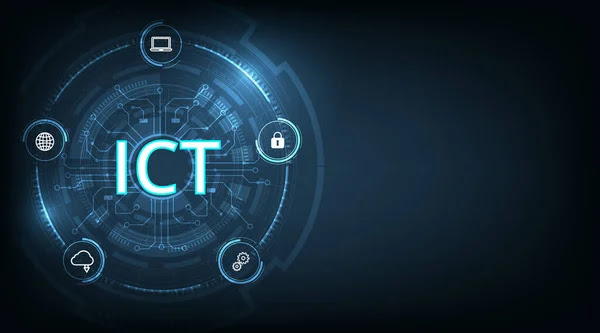
Introduction: In the ever-evolving landscape of technology, one buzzword has been dominating conversations and headlines - 5G. The fifth generation of wireless technology, known as 5G, is not merely an incremental upgrade from its predecessor; it's a game-changer that promises to revolutionize the way we connect, communicate, and consume information. In this in-depth exploration, we'll delve into the impact of 5G on connectivity and the myriad of industries set to be transformed by this groundbreaking technology.
1. Understanding 5G Technology: To appreciate the potential of 5G, it's crucial to understand the technology behind it. 5G brings several key improvements over its predecessor, 4G. These include significantly faster data transfer speeds, lower latency, and increased network capacity. The use of higher frequency bands, such as millimeter waves, allows for more data to be transmitted at faster rates, opening up possibilities that were previously unimaginable.
2. Speeding into the Future: One of the most touted features of 5G is its remarkable speed. With peak speeds potentially reaching 20 gigabits per second, 5G is set to be several times faster than 4G. This means quicker downloads, seamless streaming of high-definition content, and an overall enhanced user experience. The speed of 5G is not just about faster smartphone downloads; it forms the backbone for a range of applications across various industries.
3. Transforming Communication: 5G is not limited to improving the speed of mobile data; it is poised to transform the way we communicate. The reduced latency in 5G networks means near-instantaneous communication, paving the way for innovations like real-time video conferencing, virtual and augmented reality applications, and even remote surgery. The reliability and responsiveness of 5G communication have the potential to bridge physical gaps, connecting people and devices seamlessly.
4. The 5G Ecosystem: To fully grasp the impact of 5G, it's essential to explore the ecosystem it creates. Beyond smartphones, 5G will empower a wide range of devices through the Internet of Things (IoT). Smart cities, autonomous vehicles, industrial automation, and smart homes are just a few examples of areas where 5G will play a pivotal role. The ability to connect and manage an unprecedented number of devices simultaneously opens up new possibilities for efficiency, automation, and innovation.
5. Redefining Industries: 5G is not a technology confined to the realm of telecommunications; its influence will permeate various industries. In healthcare, for instance, 5G's low latency can be a matter of life and death in remote surgeries conducted by robotic systems. In manufacturing, the high reliability and low latency can lead to enhanced automation and real-time monitoring of production lines. The transportation sector stands to benefit from 5G's role in enabling connected and autonomous vehicles.
6. Enabling the Internet of Things (IoT): The true potential of 5G lies in its ability to unleash the full capabilities of the Internet of Things. As billions of devices become interconnected, the need for a robust and high-speed network becomes paramount. 5G provides the infrastructure needed to support the vast and diverse ecosystem of IoT devices, from smart appliances in homes to sensors in industrial machinery. This interconnectedness will not only enhance our daily lives but also revolutionize industries by providing real-time data for decision-making.
7. Challenges and Concerns: While the promise of 5G is immense, it's not without its challenges. The rollout of 5G networks requires significant infrastructure investments. The deployment of small cells, the building of new towers, and the installation of fiber-optic cables are essential components that demand substantial resources. Additionally, concerns about cybersecurity, potential health effects, and the impact on existing wireless technologies need to be addressed. Striking the right balance between innovation and mitigating potential risks is crucial for the successful adoption of 5G.
8. Global 5G Rollout: The race to deploy 5G networks is a global phenomenon. Countries and telecommunications companies around the world are vying to be at the forefront of this technological revolution. China, the United States, South Korea, and several European nations have made significant strides in 5G deployment. The geopolitical implications of 5G leadership are substantial, as it not only promises economic advantages but also plays a strategic role in shaping the digital landscape.
Conclusion: As 5G technology continues to roll out globally, its transformative impact on connectivity and various industries is becoming increasingly evident. From redefining communication to enabling the Internet of Things and reshaping entire industries, the potential of 5G is vast. While challenges exist, the ongoing efforts to address them underscore the significance of 5G in shaping the future of technology. As we stand on the cusp of a 5G-enabled era, it's clear that the journey has only just begun, and the full extent of 5G's influence is yet to be fully realized.

